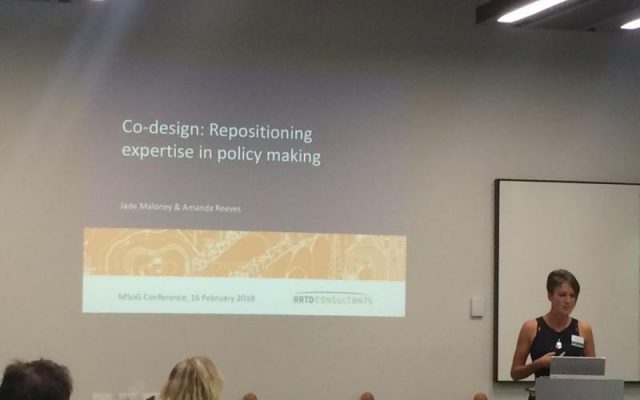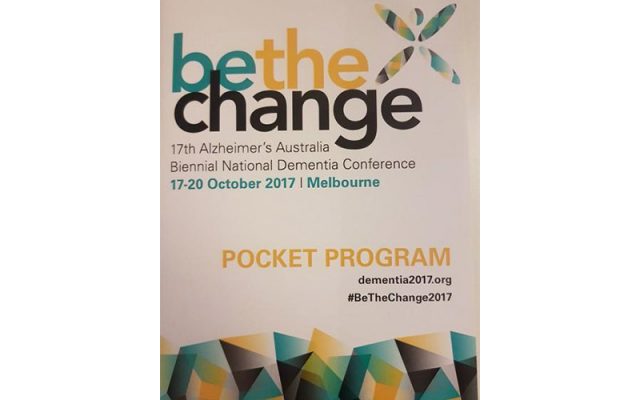
Celebrating World Environment Day 2020
On Friday 5 June 2020, many people and countries around the world will recognise and celebrate World Environment Day (#WorldEnvironmentDay). Established in 1974, World Environment Day ‘is the most renowned day for environmental action’ and encourages governments, businesses, celebrities, and citizens to focus their efforts on a pressing environmental issue.
This year’s World Environment Day theme is biodiversity. The United Nations notes that ‘Biodiversity is the foundation that supports all life on land and below water. It affects every aspect of human health, providing clean air and water, nutritious foods, scientific understanding and medicine sources, natural disease resistance, and climate change mitigation. Changing, or removing one element of this web affects the entire life system and can produce negative consequences.’
Inspiring positive change is a key objective of the Day. We, as individuals, businesses, consumers, producers and governments, are encouraged to think about the ways we consume goods and services, protect green and open spaces, learn about environmental issues and educate others and protect the Earth for the benefit of our youth and future generations.
For many, the COVID-19 pandemic will be the major difference in their lives in 2020 compared to previous years. While it is undeniable that is has resulted in terrible hardships and losses, many believe it also provides an opportunity to reconsider the policies and programs of our governments in a more climate and environmentally sustainable manner.
With the COVID-19 pandemic, we at ARTD, have had to change many of the ways we work and engage with our clients and partners. For example, by working at home many of us have reduced our carbon footprints by not driving as often as we used to or flying, and/or by switching our transportation methods to ones that are more environmentally friendly such as walking and cycling.
As restrictions ease and increased domestic (and international) travel is allowed, we should consider what alternatives, now familiar to us, we can continue to use in the future and adapt into our ‘business as usual’ practices. For example, we can host more meetings over Zoom or Skype, particularly if clients or partners are interstate.
We remain committed to our work evaluating government and non-profit organisation environmental programs and policies and actively engaging with stakeholders in this sector. However, we’d be interested in learning more about how other evaluators and consultancies are taking positive actions and adopting and implementing more environmentally sustainable actions and policies.




